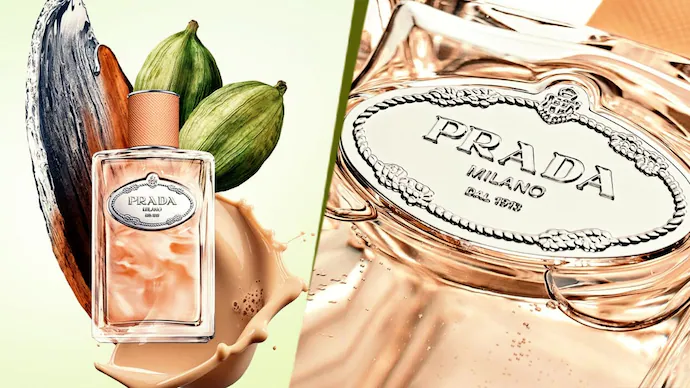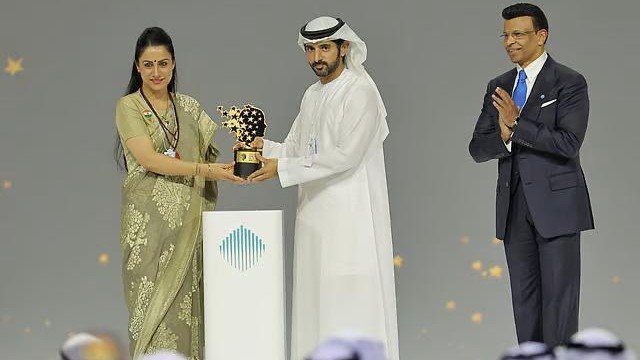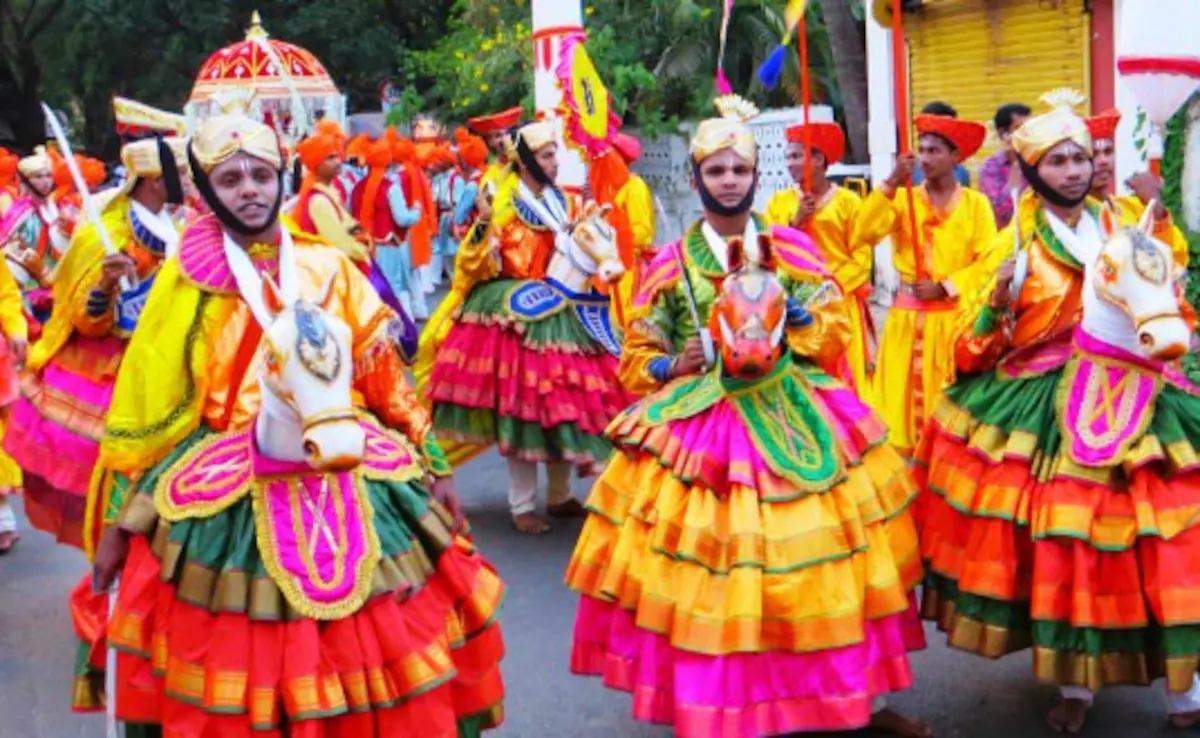Kannauj in Uttar Pradesh has been able to bottle the smell of rain on earth — along with the ethos of the Indian way of life.
What does the smell of fertile soil drenched in rain have in common with an enterprising queen going about her toilette? Both contributed to giving an ancient city in Uttar Pradesh a unique occupation and identity, a report in the Indian Express says.
At first glance, Kannuaj, located six hours away from New Delhi, is like any other North Indian small town– dusty roads, e-rickshaws, placid bovines, coaching class hoardings.
But if you know what to look for, clues to its fragrant history become apparent: a colourful arched gate announcing an itra karkhana (attar factory), perfume shops crowding its bazaars, and further inside, a heavy, sweet smell hanging over its narrow streets.
Kannauj has been making itra, or attar, for centuries now, coaxing roses, jasmines, and other flowers into giving up their fragrance, and quickly bottling them up with essential oils. But most famously, the town has been able to bottle petrichor, the smell of rain on earth, which they call mitti ka attar, the scent of soil.
The attar made here is rich, with no diluted notes. Unlike alcohol-based perfumes, the fragrance is heavier but quieter, and lasts longer.
Traditional methods to extract fragrance without electricity or heavy machinery are still in use. Today, the value of the perfume business in Kannauj is over Rs 1,200 crore, and nearly 80% of its population of over 10 lakh is directly or indirectly involved in the industry.
Apart from the larger factories, ask anyone in Kannauj, and they will direct you to households that practise the traditional fragrance extraction, called the ‘deg bhapka’ method. Most fragrance traders will tell you they have been in the business for generations.
One such trader is Abhishek Samvedi, who owns Devi Prasad Shyam Lal Attars (DPSL) Attars, the fourth generation in his family to run the business.
“My family got into the business in 1921. But the industry is ancient. In fact, the word ‘attar’ can be used only for the product of our steam distillation or deg bhapka process. Unlike western perfumes, Kannuaj’s fragrances use no alcohol, making them linger longer,” Samvedi says.
So what is the ‘degh bhapka’ method?
Traditional methods to extract fragrance without electricity or heavy machinery are still in use. Today, the value of the perfume business in Kannauj is over Rs 1,200 crore, and nearly 80% of its population of over 10 lakh is directly or indirectly involved in the industry.
In this, flower petals, clay pieces, or spices, depending on the product being prepared, are boiled in large copper pots, called deghs. The fragrant vapour is passed through a funnel, called chonga, and enters another container, called bhapka. The bhapka is kept in water so that the fumes condense inside it. The bhapka is filled with an essential oil – a liquid that has no odour of its own but can hold another’s fragrance – which absorbs the condensing liquid.
This mixture is then sealed in camelskin containers, so that the remaining moisture can escape through its pores.
The process is labour and skill-intensive. If the degh is too hot, it will kill the fragrance of the delicate petals. If the bhapka isn’t cool enough, the fumes won’t condense in time. There is no fixed formula to ensure all this, and workers rely on knowledge passed down orally.
Samvedi, who graduated in biotechnology from IIT Kanpur, says there are reasons the process hasn’t been tinkered with.
“Modernising the process will compromise the authenticity of our product. If we use a substitute for copper, the petals might stick to the surface of the vessel and spoil the fragrance with a hint of burning. Iron will rust and again interfere with the smell. Our perfume-making is a precise art which requires human intelligence. It can’t be totally mechanised.”
************************************************************************
Readers








